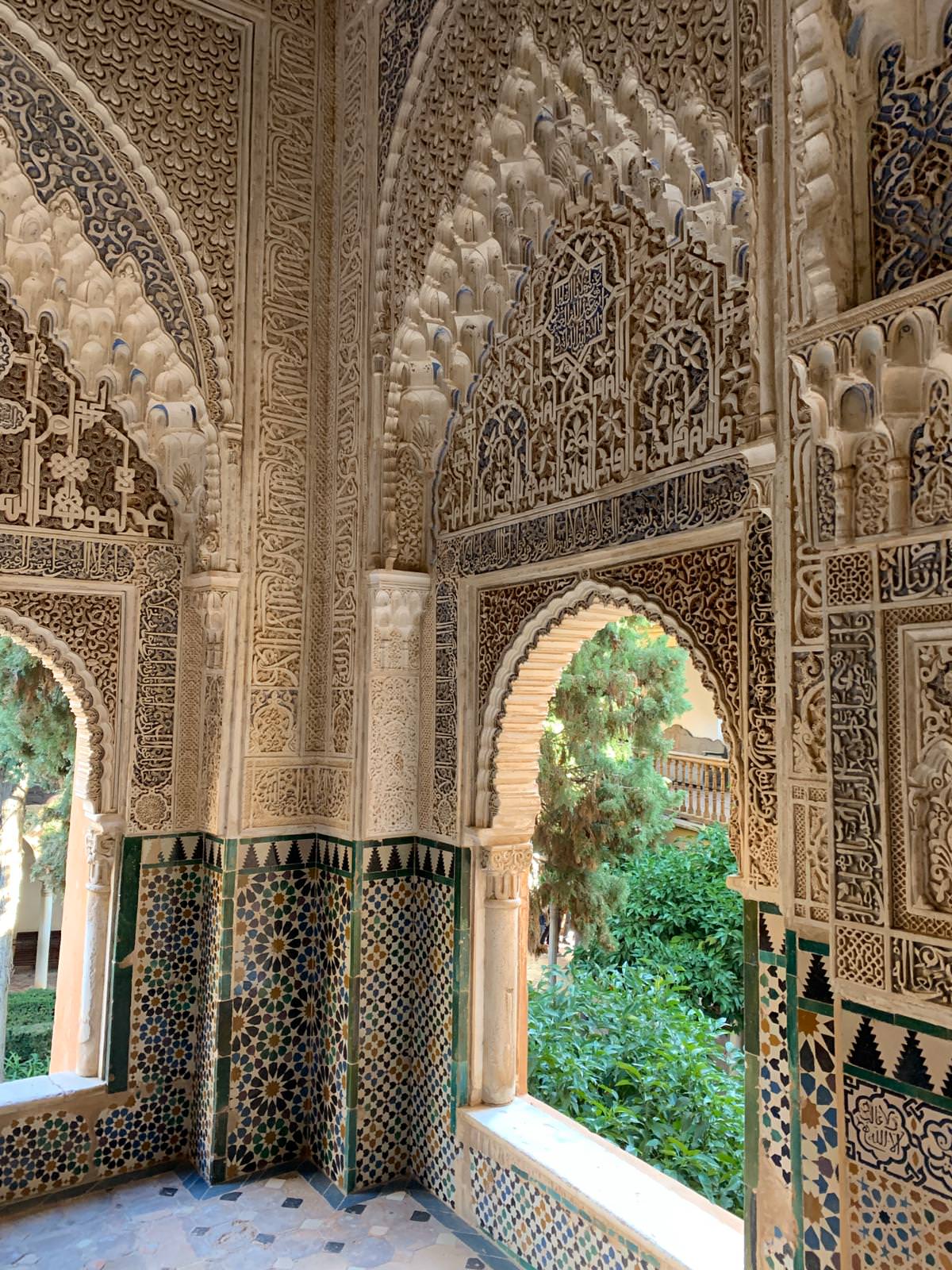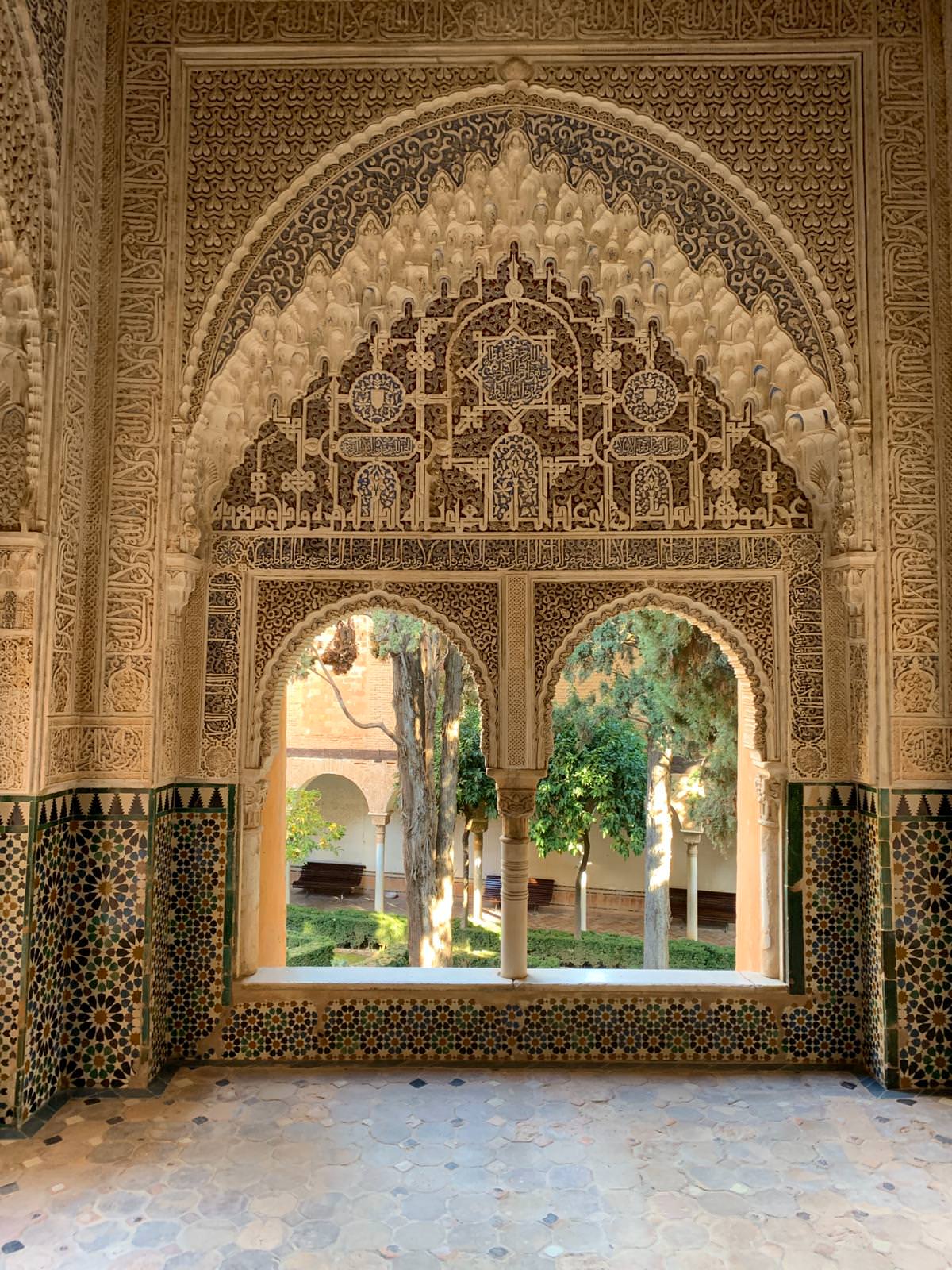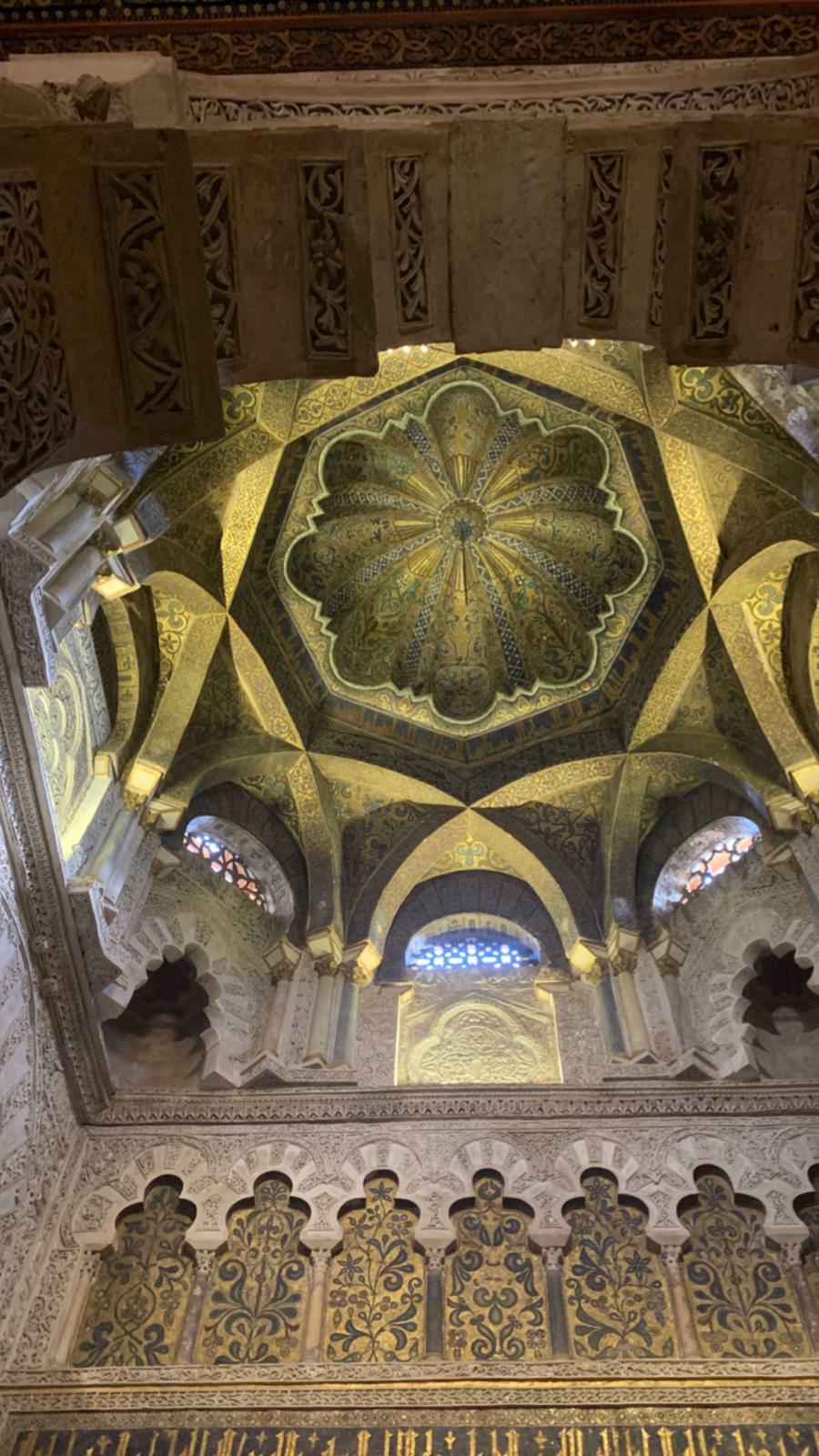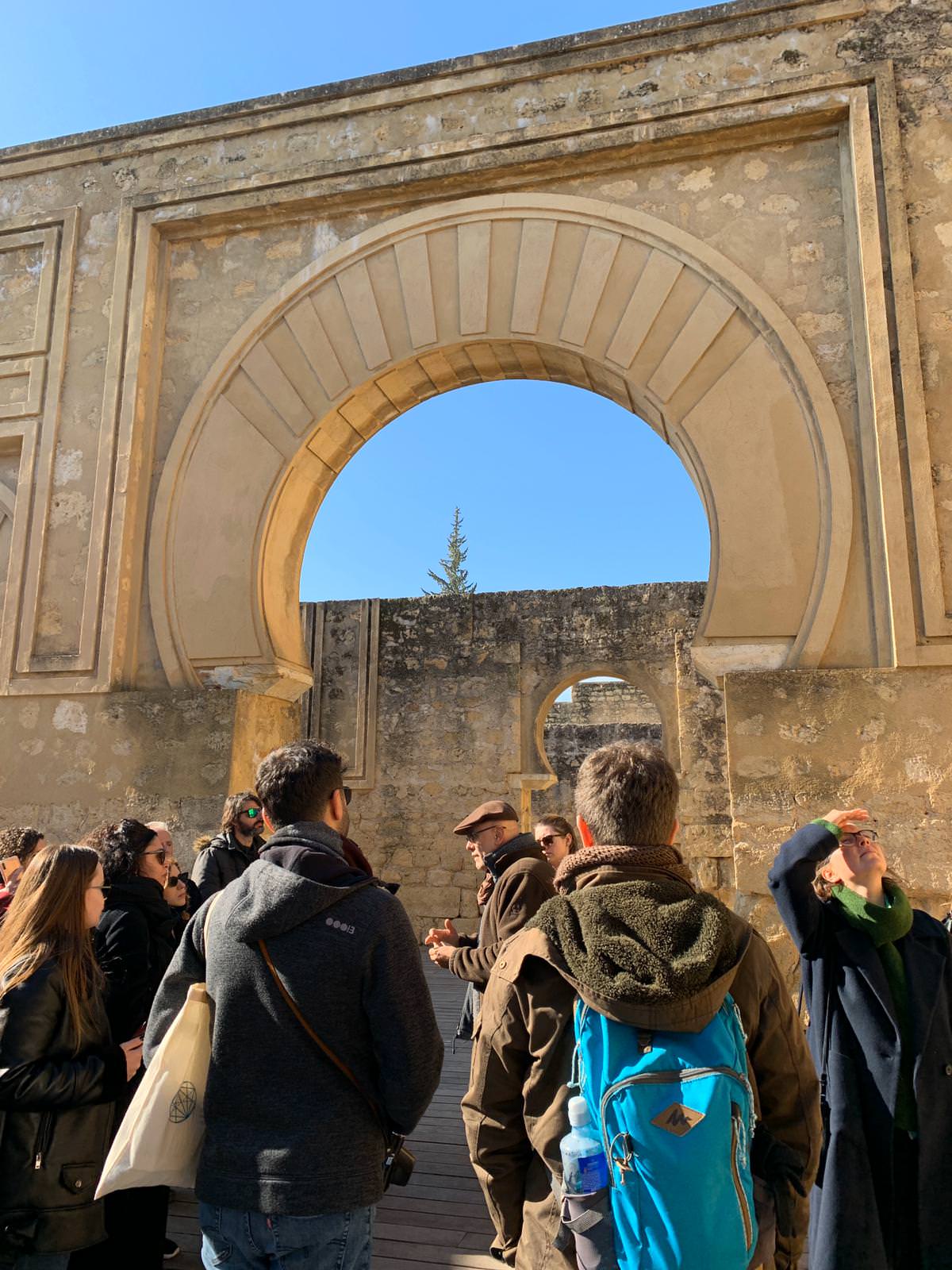Deadline: April 1, 2021
Date: 7 September 2021
Place: Sarajevo (Bosnia and Herzegovina)
Scientific Coordinators: Sophia Abplanalp, University of Vienna (sophia.abplanalp@gmail.com), Borja Franco Llopis, UNED, Spain (bfranco@geo.uned.es), Fatih Parlak, Boğaziçi University, Turkey (ofatihparlak@gmail.com), Mirko Sardelic, Croatian Academy of Sciences and Arts, (mirko.sardelic@ctie.hr), Antonio Urquízar-Herrera, UNED, Spain (aurquizar@geo.uned.es)
Abstract: Studying the relations between Christianity and Islam in late medieval and early modern Europe and the Mediterranean means to cover a vast geographical region, which is diverse in its languages and cultures. Against this background it is necessary to find a common ground that makes it possible to understand the exchange between these two cultures as one border-crossing phenomenon. To achieve this comprehensive understanding, it is necessary to identify overarching ideas and common terms that are widely used in this field of research. Some of these terms are used analogically or even equivalent in different languages, which emphasizes the fact that there were similar images circulating throughout Europe and the Mediterranean. Therefore, the aim of this project is to discuss each of the 5 below terms in the context of their historiographies and how they were shaped by then prevailing notions.
Topics (terms) to be addressed:
- Orient-Occident, Morgenland-Abendland, Doğu-Batı
- Coexistence, Convivencia
- Hybridity
- Border-Frontier, Center-Periphery, Holy Land 5. Reconquista, Rückeroberung, Fetih
Deadline and Details: Each proposal for an article should discuss one term, respectively one set of terms. The variations of the terms are not limited to the languages used above and can be complemented by translations into other languages. Proposals should not exceed one page (12 pt.), please also submit a short bio (250 words). The selected proposals will be presented during a workshop organized by the COST Action in Bosnia Harzegovina (University of Sarajevo), September 7, 2021. Due to budgetary restrictions, the number of reimbursed participants will be limited. If the Covid-19 situation prevents the in-person celebration of the workshop, it would be conducted online. Following the workshop, the articles will be published in a special issue of a journal to be announced at a later moment.We explicitly encourage submissions of researchers at any stages of their career and any related field of research.
Email: Sophia Abplanalp, University of Vienna, sophia.abplanalp@gmail.com, Fatih Parlak, Boğaziçi University, Turkey. ofatihparlak@gmail.com













